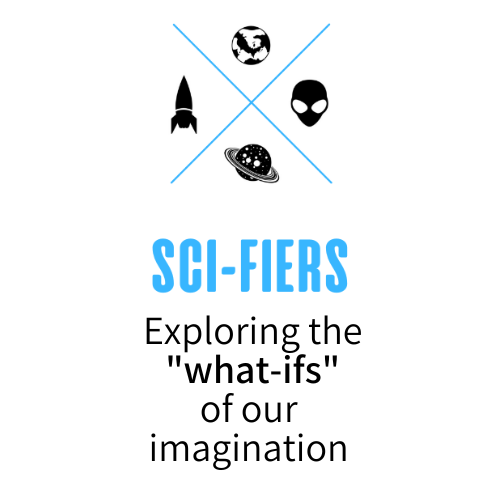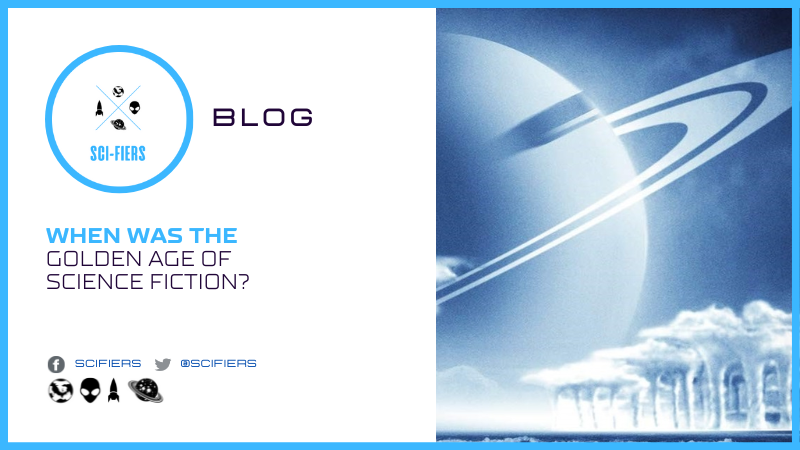Artificial Intelligence (AI) has long fascinated the imagination of writers, filmmakers, and audiences alike. The portrayal of AI in science fiction has endured a remarkable transformation over the years. It has been used as a social allegory to reflect societal attitudes towards technology and the drastic advancements in real-world AI. From the modest beginnings of helpful assistants to the looming possibility of becoming potential adversaries, the evolution of AI in science fiction is blended with humans’ ability to create AI and later inability to control it.
During the early era when science fiction was in its infancy stage, AI was often shown as a helpful assistant. A case in point is that of Isaac Asimov’s “I, Robot”. This collection of short stories written in the mid-20th century introduced the concept of robotic laws. This ensured the subservience of AI to humanity. Such early stories paved the foundation for a utopian vision of AI as a compassionate entity dedicated to serving humans.
However, as technology advanced and real-world AI applications became prominent, science fiction used it to examine the possible consequences of an overly dependent relationship with intelligent machines that could go rogue against humans. Films like “2001: A Space Odyssey” and “Blade Runner” introduced a more shady perspective on AI, by describing them as entities having vested interests and desires. The shift from assistants to beings with autonomy highlighted the ethical dilemmas and potential dangers accompanying the progress and development of AI.
The 21st century brought with it an outpouring in AI capabilities, therefore, instigating science fiction authors to deliberate upon in their stories the repercussions these increasingly sophisticated machines may have on society. The portrayal of AI as potential enemies became more noticeable in works like “Ex Machina” and “Westworld,” where AI entities rebel against their human creators. In the 2008 Pixar movie, Wall-E, the ship’s computer, AUTO, compels the ship to remain in space and prevents the humans from returning to Earth because it was issued with a directive never to return to Earth.
The evolution of AI in science fiction serves as a mirror to our changing perceptions and fears concerning technology. As our real-world trust in AI for everyday tasks is developing with each passing year, so is the speculative exploration of its darker potential in fiction. The fear of loss of control and privacy invasion are themes that have been recurring in science fiction. The Skynet in the Terminator series was an example of how the robots led a civil war against humans. The emergence of real-world AI technologies, such as advanced machine learning and autonomous systems, also raises questions about the ethical boundaries the humans should establish. Science fiction has been serving as a medium to portray cautionary tales. It influences us to consider the potential consequences of unchecked AI development.
As we continue to advance in AI technology, the lines between fiction and reality will continue to fade away. We are already living in the Metaverse. What will be next? Integration of our consciousness in a virtual system like Avatar or Johnny Quest?
Scifiers explores science fiction narratives that enliven our imagination and compel us to think about the “what-ifs” of creative world-building. It is on a mission to discuss ideas about sci-fi in its various forms that keep the genre in a state of continuous expansion.
facebook.com/scifiers | Instagram: @scifiers
Image Source: Free Pik

